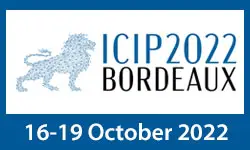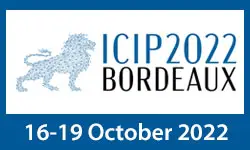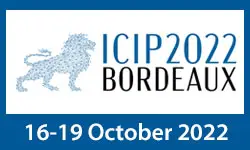Random Generated Dictionaries For Convolutional Sparse Coding: An Elm interpretation For Simple Csc Applications
Paul Rodriguez
-
Members: FreeSPS
IEEE Members: $11.00
Non-members: $15.00Length: 00:05:45
18 Oct 2022
Forensic license plate recognition (FLPR) remains an open challenge in legal contexts such as criminal investigations, where unreadable license plates (LPs) need to be deciphered from highly compressed and/or low resolution footage, e.g., from surveillance cameras. in this work, we propose a side-informed Transformer archi- tecture that embeds knowledge on the input compression level to improve recognition under strong compression. We show the effectiveness of Transformers for license plate recognition (LPR) on a low-quality real-world dataset. We also provide a synthetic dataset that includes strongly degraded, illegible LP images and analyze the impact of knowledge embedding on it. The network outperforms existing FLPR methods and standard state-of-the art image recognition models while requiring less parameters. For the severest degraded images, we can improve recognition by up to 8.9 percent points.



